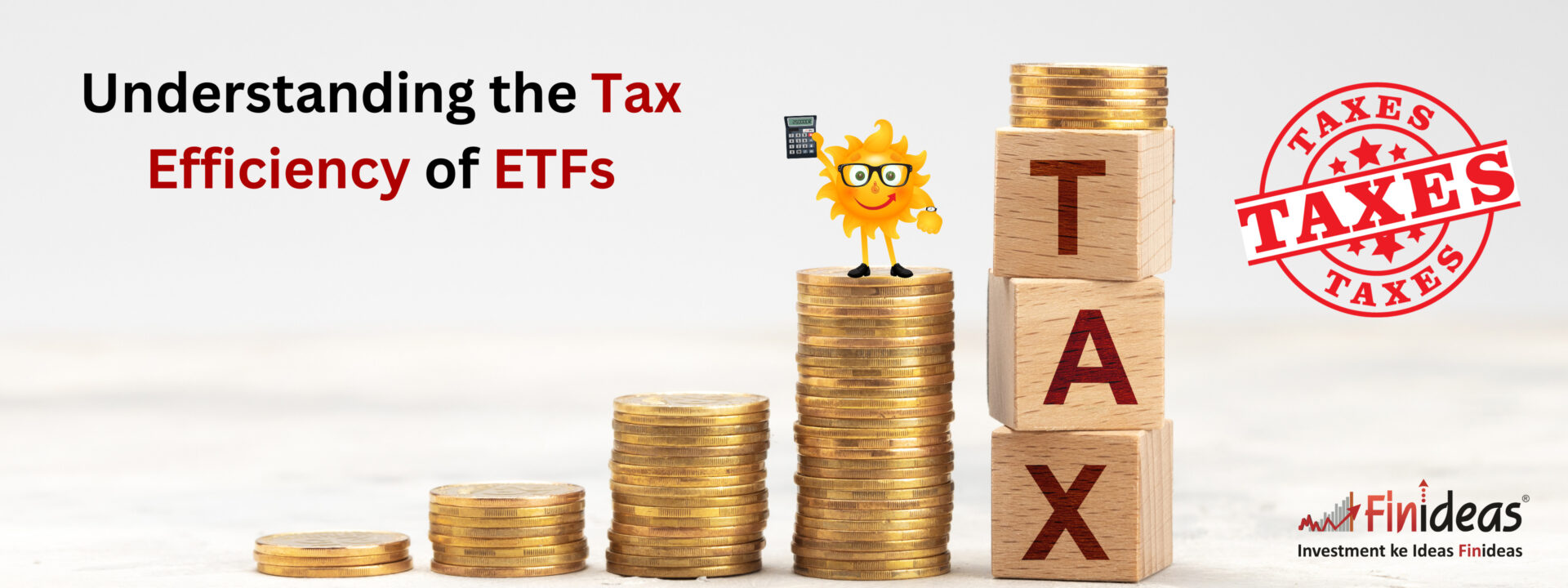Understanding the Tax Efficiency of ETFs
Tax efficiency is a crucial consideration for investors, and Exchange-Traded Funds (ETFs) have gained popularity in part due to their tax-efficient nature. In this article, we’ll dive into what tax efficiency means in the context of ETFs and why it matters to your investment strategy.
What Is Tax Efficiency?
Tax efficiency refers to how well an investment minimizes the impact of taxes on returns. In the case of ETFs, tax efficiency is a key selling point. Here’s why:
- Low Turnover: Many ETFs are designed to track an index passively. This means they buy and hold assets rather than actively trading them, resulting in fewer taxable events.
- In-Kind Creation/Redemption: When authorized participants create or redeem ETF shares, they do so with a basket of securities. This process is generally tax-free, unlike mutual fund redemptions that can trigger capital gains.
- Tax Loss Harvesting: ETFs can offer tax advantages through tax loss harvesting strategies, where you offset capital gains with capital losses within your ETF portfolio.
Tax Efficiency Benefits
The tax efficiency of ETFs can provide several benefits to investors:
- Lower Tax Liability: ETFs typically generate fewer capital gains distributions compared to mutual funds, reducing your tax liability.
- Minimized Tax Drag: The reduced impact of taxes on your investment returns helps your wealth grow faster over time.
- Flexibility: ETFs can be tax-efficient tools for implementing various investment strategies, including long-term investing, trading, and portfolio rebalancing.
Considerations for Tax-Efficient Investing


To maximize the tax efficiency of your ETF investments:
- Hold for the Long Term: Long-term investments benefit the most from the tax efficiency of ETFs.
- Select Tax-Efficient ETFs: Some ETFs are more tax-efficient than others. Look for those with low turnover and a history of minimal capital gains distributions.
- Tax-Loss Harvesting: Be proactive in managing your portfolio, especially in taxable accounts, by offsetting gains with losses.
Also, you must attend Our Webinar on Index Long Term Strategy.
Now, it’s your turn to share your thoughts. Are you currently investing in ETFs? Have you experienced the benefits of tax efficiency? What strategies do you use to minimize taxes on your investments? Feel free to share your experiences and tips in the comments below. Your insights can help fellow investors make informed decisions and build tax-efficient portfolios.
Happy Investing!
This article is for education purpose only. Kindly consult with your financial advisor before doing any kind of investment.

